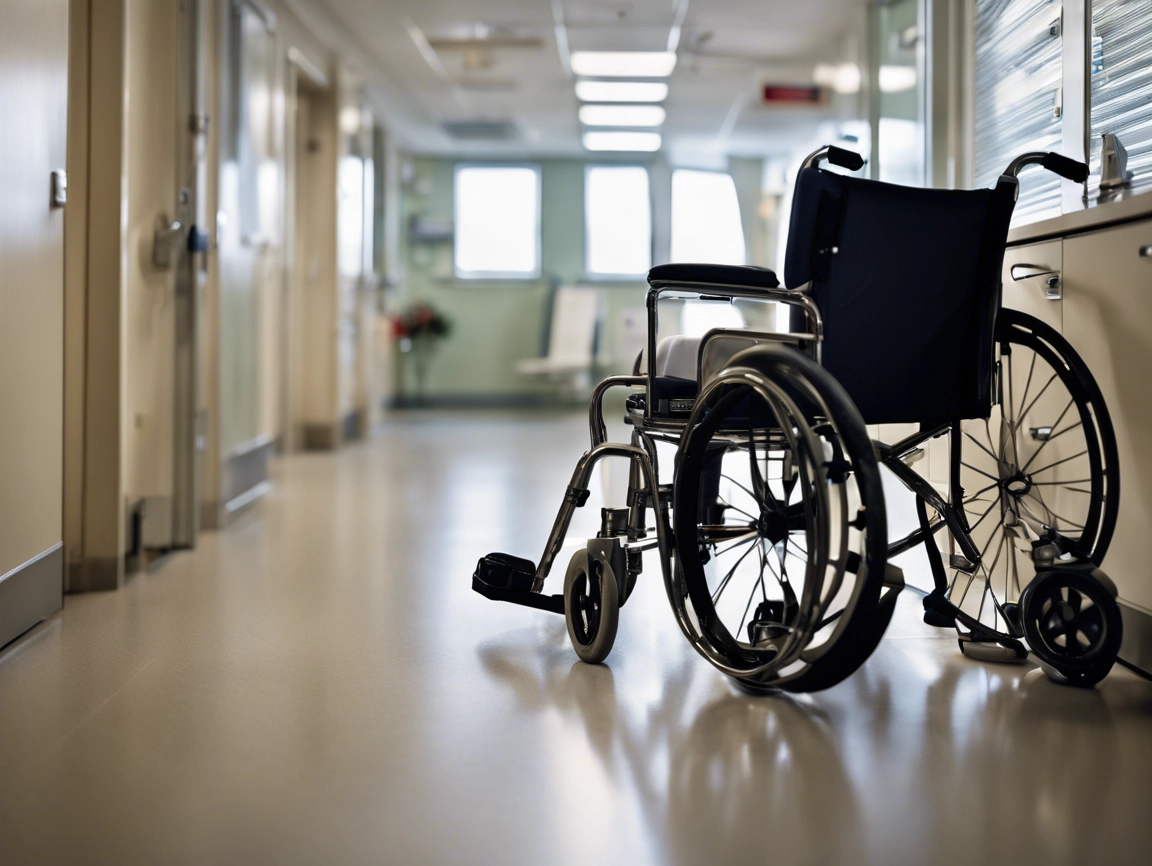On the 34th anniversary of the Americans with Disabilities Act (ADA), Attorney General Merrick B. Garland has finalized a significant rule under Title II of the ADA aimed at improving access to medical diagnostic equipment (MDE) for individuals with disabilities. This equipment includes essential items such as medical examination tables, weight scales, dental chairs, x-ray machines, and mammography machines. Ensuring that MDE is accessible is crucial for providing equitable medical care to people with disabilities.
The finalized rule will soon be accessible for review on the Federal Register’s website at www.federalregister.gov. Additionally, a fact sheet detailing the new rule will be available on ada.gov.
“Thirty-four years after the ADA’s passage, individuals with disabilities should not have to forego necessary medical care due to inaccessible diagnostic equipment,” stated Assistant Attorney General Kristen Clarke of the Civil Rights Division. “This rule represents a pivotal step in our ongoing commitment to ensure that all individuals receive the medical care they need. From mammograms to general OB/GYN services, it is imperative that hospitals and clinics offer equipment that accommodates patients with disabilities.”
The new rule clarifies the responsibilities of public entities—such as hospitals and health care clinics operated by state or local governments—in meeting ADA accessibility requirements for MDE. Feedback from numerous individuals with disabilities revealed that they have been denied essential health care services due to the lack of accessible MDE. For instance, some patients reported receiving only minimal physical examinations while remaining in their wheelchairs because they were unable to transfer to an examination table. Others have avoided necessary preventive care, like dental check-ups and mammograms, due to inaccessible equipment.
The rule introduces a technical standard for accessible MDE and sets requirements to increase the availability of accessible examination tables and weight scales. This development will significantly ease access to medical care for individuals with disabilities, particularly those who use wheelchairs.





